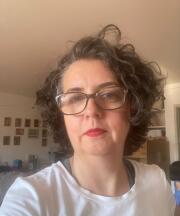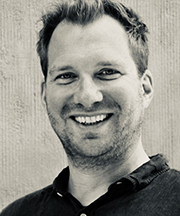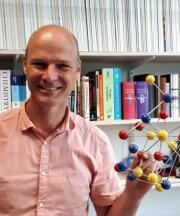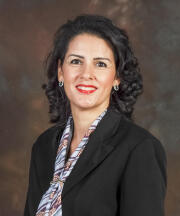Approved projects PROBRAL and PROPASP with Brazil will start soon
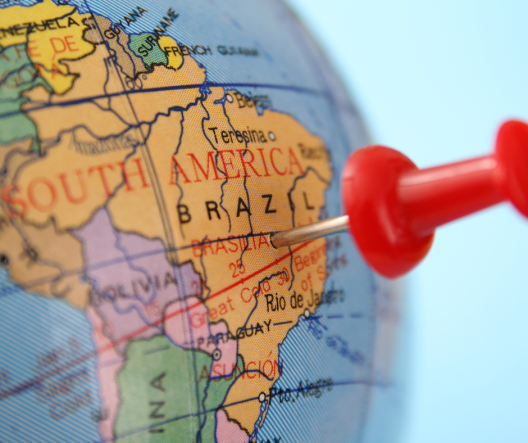
The scientific and academic cooperation between WWU and the University of São Paulo (USP) in Brazil will receive new important impulses through two recently approved projects within the framework of the PROBRAL and PROPASP calls for proposals. PROBRAL and PROPASP are joint calls for proposals between the DAAD and the Brazilian funding agencies CAPES (Coordination for the Improvement of Higher Education Personnel) and FAPESP (The São Paulo Research Foundation), respectively, in the so-called PPP programme "project-related exchange of persons".
In this programme, the DAAD, together with its partner agencies, supports bi-national research high scientific standard projects with the aim of strengthening the scientific relationship between German and foreign institutions and promoting research activities in partnership. The research projects are intended in particular to give young researchers the opportunity to gain qualifications in an international scientific environment.


